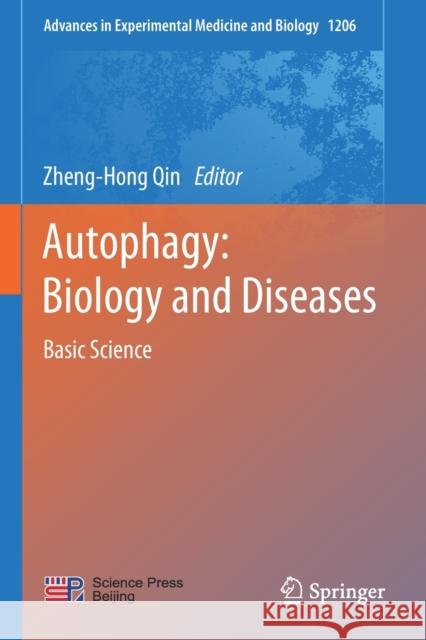Autophagy: Biology and Diseases: Basic Science » książka
topmenu
Autophagy: Biology and Diseases: Basic Science
ISBN-13: 9789811506048 / Angielski / Miękka / 2021 / 727 str.
Autophagy: Biology and Diseases: Basic Science
ISBN-13: 9789811506048 / Angielski / Miękka / 2021 / 727 str.
cena 887,69
(netto: 845,42 VAT: 5%)
Najniższa cena z 30 dni: 848,19
(netto: 845,42 VAT: 5%)
Najniższa cena z 30 dni: 848,19
Termin realizacji zamówienia:
ok. 16-18 dni roboczych.
ok. 16-18 dni roboczych.
Darmowa dostawa!
Wydawca:
Springer
Seria wydawnicza:
Język:
Angielski
ISBN-13:
9789811506048
Rok wydania:
2021
Wydanie:
2019
Numer serii:
000253056
Ilość stron:
727
Waga:
1.02 kg
Wymiary:
23.39 x 15.6 x 3.76
Oprawa:
Miękka
Wolumenów:
01
Dodatkowe informacje:
Wydanie ilustrowane











